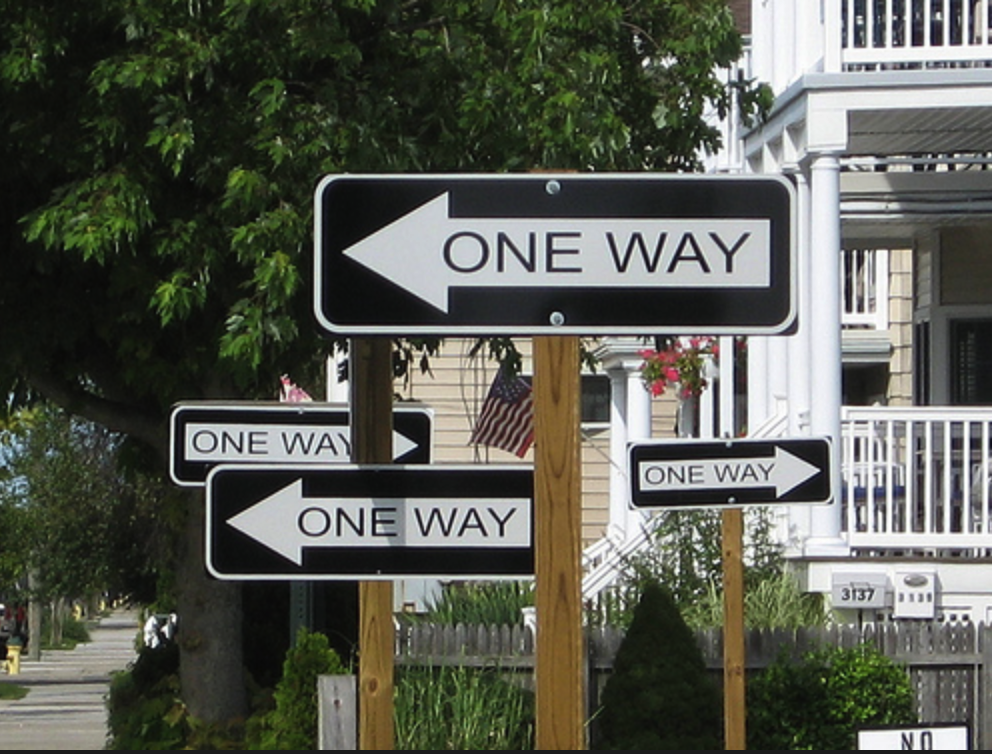

SEO, for those who might not know, stands for Search Engine Optimization. And right now, many of you might be like, “Well, great. THAT makes it clear as mud.” Today, we’re going to talk a little about search engines, how they work, and ways search engine optimization can make our content work harder so we don’t have to.
For the record, one of the reasons I don’t blog a lot on SEO practices is they change…a lot.
Though, I’ll add a correction.
The core concepts of WHY we’re doing what we are doing do NOT change. That’s more what we’ll talk about in this post. When we know WHY we are doing X, Y, or Z, then that makes it far simpler to keep up with shifts in how SEO hands out favor.
I will also talk to the NOVELISTS out there. Yes, SEO can be a game-changer for you guys as well. It’s okay. Breathe in a bag if you need to. I’ll make this super easy.
First, why do SEO tactics change?


Before we get to the BIG PICTURE stuff, understand search engines have three core imperatives. The first is to deliver results quickly, and the second is to deliver the most accurate and useful results that also account for intent. Search engines are also vested in keeping those searching safe. They do this by running interference between us and malicious actors.
So, one reason we need to keep on top of SEO changes is because those who design algorithms are constantly seeking to improve search results. We definitely want to make use of any advantage we can get.
There are also people who try and game the system and garner unjust advantage. SEO modifications help neutralize any cheating.
My advice has never changed. If it seems like a shortcut? Just leave it alone. For instance, a few years ago, I adamantly warned people against buying external links (pingbacks)—pages outside linking back to a website to buff up SEO. I posited that eventually the algorithms would improve and spot the cheat and those who engaged in this practice would deeply regret it.
Quite a few folks didn’t heed my advice and major search engines responded by essentially penalizing their sites or even ghosting their sites completely.
Okay, so WHAT IS this GOOGLE Voodoo?


As I just explained, search engines exist to help us sort the vast realms of the Internet for what we want/need in a fraction of a second. HOW do they do what they do?
No, not magic but close.
And, for the record, this is a 50,000 foot view. There are tons of experts who go into far greater detail in books, blogs and videos. That’s beyond the scope of my blogs, since I mainly focus on writing and bigger picture branding and social media.
Hopefully, after this post, though, you’ll make better use of SEO tips and tricks out there.
To garner search engine favor, we go back to the WHY. If we want search engines to connect those searching with OUR CONTENT, then it helps if we leave a clear and well-maintained trail for the search engines (and their webcrawlers) to follow.
Google isn’t very different from us.
If we were walking through the wilderness, which would we choose to do? Forge our own path, machete in hand, no compass or map, praying we didn’t slide off a cliff and into a roaring river? OR, would we take the wide path. Maybe the one with a smooth layer of stone, a clear border, signage and solar LED lighting?
Would we want the road that is simple to follow? Or would we trek off down the road that branches off in weird directions, circles back on itself, and has a lot of dead ends?
If our site—on the backend—looks like this (below), a webcrawler is likely to be as confused as any poor soul driving on this street.
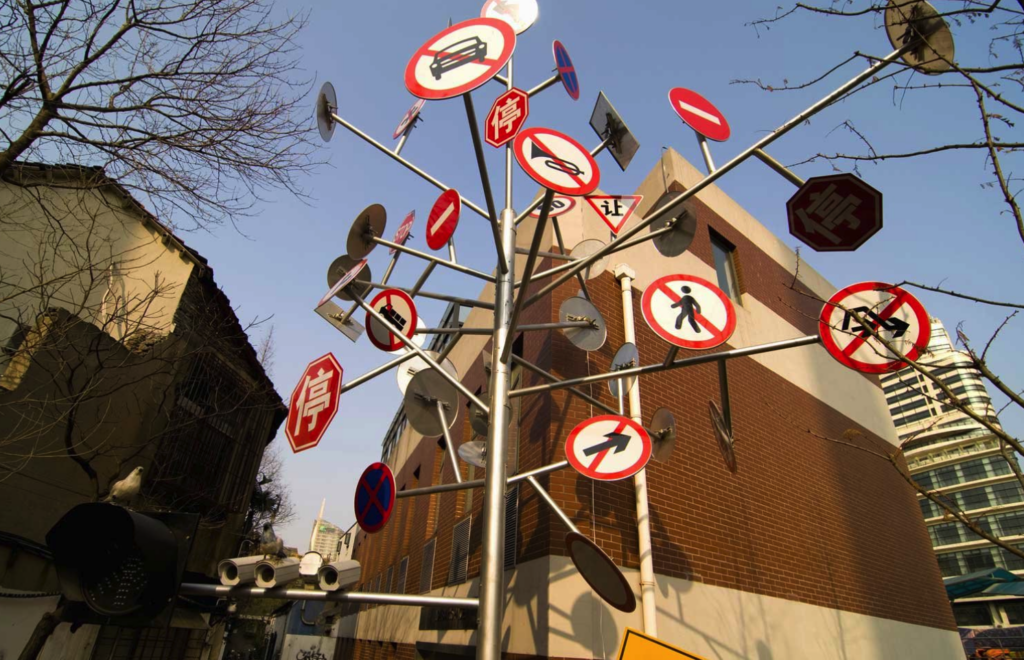

If this kind of ‘signage’ is frustrating to you, then it’s also frustrating for Google.
This is, essentially, the heart of SEO.
With SEO, Content is KING
Most of my consulting over the years has, obviously, been with writers. I do, however, consult with companies and larger brands wanting to improve their digital branding footprint.
Believe it or not, we writers have the advantage because writers….WRITE.
Think of content like your building blocks for your road that directs searchers to what you have to offer. Roman roads anyone? They built those suckers to last!
We want to create content, but not all content is best for our goals. I still believe blogs are some of the most enduring building blocks.
Don’t shout me down yet.
A tweet is good for about a day. Facebook? Maybe a couple days. Instagram? Very good, but remember it’s primarily a visual medium. Can that work when it comes to selling books? Sure. But that’s for another day and another post.
While social media platforms are FABULOUS as a supplement, they don’t work as well for the main course. Some key things to understand about a blog is that blogs, done properly, are evergreen. Blogs can be an author’s BEST FRIEND.
We can tailor them to be attractive to our ideal audience and then use the blog to cultivate a passionate fan base. If people trust us to entertain them on a blog, they’re much more likely to trust us with a full BOOK.
Blogs are the gift that keeps on giving. I have over 2000 of those gifts out there still working for me. Can’t say that about my FB posts.
I still have people tweet out posts that are so old I’ve forgotten I even wrote them. YEARS later, those posts are still helping my SEO even though SEO rules have changed.
Taking on the Blogging Bullies—Ageism, Fear & Misbehaving “Old” Women. *sighs* That one was fun…#FeistyKristen
Blogging Power
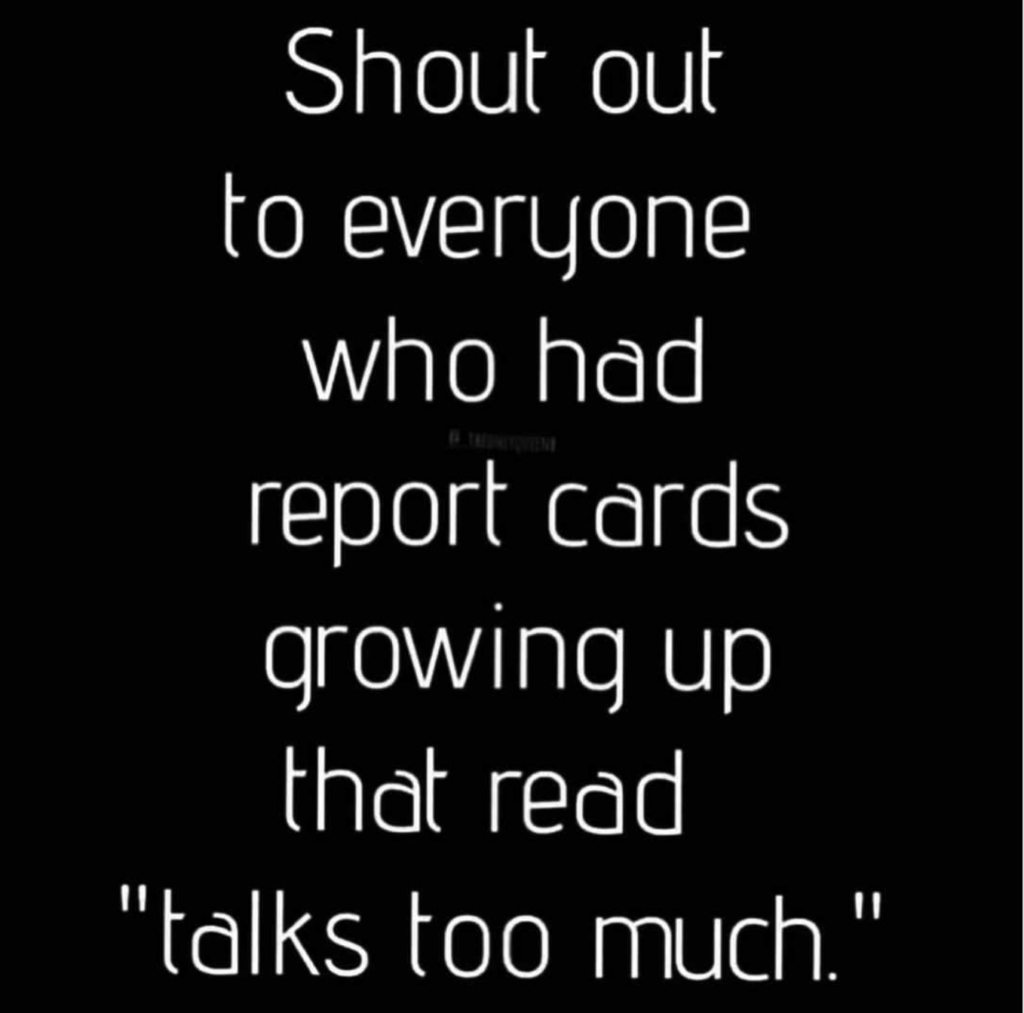

Blogs are fabulous for writers because we are WORD PEOPLE. They’re also wonderful for SEO in large part because there are so many SEO goodies we can pack all in one place. Google likes to see a number of crucial elements:
- Posts that are rich in relevant keywords
- Images that are optimized
- Optimized video
- Audio you’ve optimized
- Internal links (links to other salient places on your site)
- Quality external links (links to outside pages with authority)
- Pingbacks (quality sites linking BACK to OUR page)
All these factors (and more) entice search engines to list your content above the competition. Obviously, we’re unlikely to use/have ALL of these in one post, but we can use quite a few.
That and I can pretty much promise y’all that no one is ever going to do a random Google search and find our witty tweet, our clever Facebook post, or our shiny Instagram. They WILL, however, find our blogs.
People LIKE to share great blogs. This is true for writers and even businesses. Blogs can inspire, entertain, inform, or, like this blog…teach. My blogs might be long for a blog, but—trust me—they are REALLY short for the BOOKS one would have to read to learn all this stuff.
Great posts help us on social media. Though we won’t earn any SEO for someone tweeting our post, these endorsements act as signage directing strangers to our content. Then, once they’re on our site, we have our chance to win them over and make a fan.
I write FICTION. Why do I care about SEO or a BLOG?
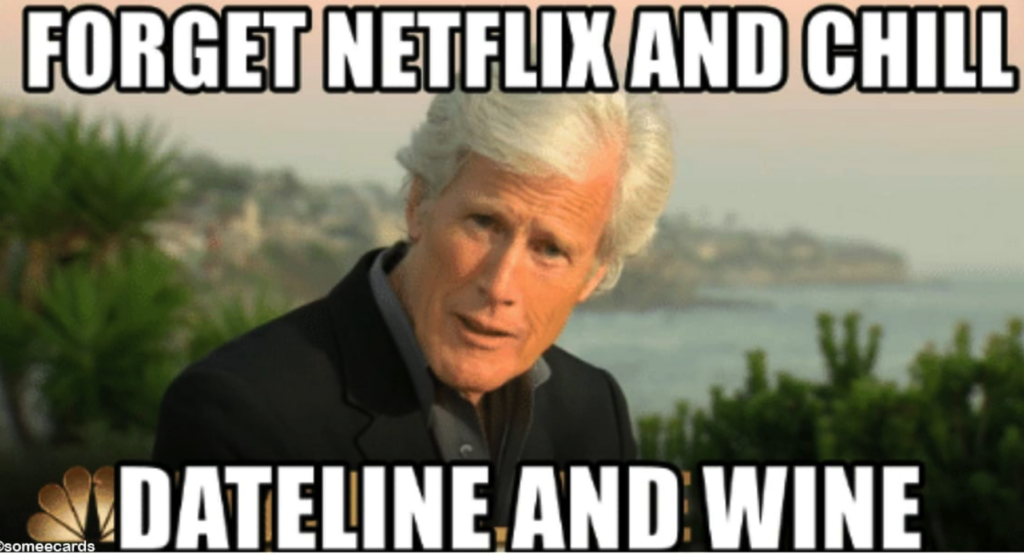

First of all, if you choose to blog, I STRONGLY recommend blogging off your own site so you get all the SEO credit. That and guess where you can SELL YOUR BOOKS? Um, your website. So YES, blogging is fabulous for novelists as well as NF (non-fiction) authors.
If I write mysteries, then what do you think my potential fans are interested in? True crime, forensics, famous unsolved cases, movies or series in that genre.
Or say I write science fiction. Again, what do people who LOVE science fiction also enjoy? We like to argue over Star Wars, who was the best captain in Star Trek. We enjoy stuff on science, futurism, androids, etc.
Profile your ideal audience for topics, then slap some SEO mojo on there. Trust me, after a day looking at spreadsheets, we are thrilled to argue about What Went Wrong with the Star Wars Prequels.
Sure beats book spam.
For more on specifically HOW to craft a fiction brand, I recommend my evergreen branding book, Rise of the Machines: Human Authors in a Digital World. There is a detailed step-by-step that will save YEARS of trial-and error.
Now that I’ve established blogs are a great idea for juicing up your SEO and your brand, how does it all…um, work?
Keywords, webcrawlers and SEO
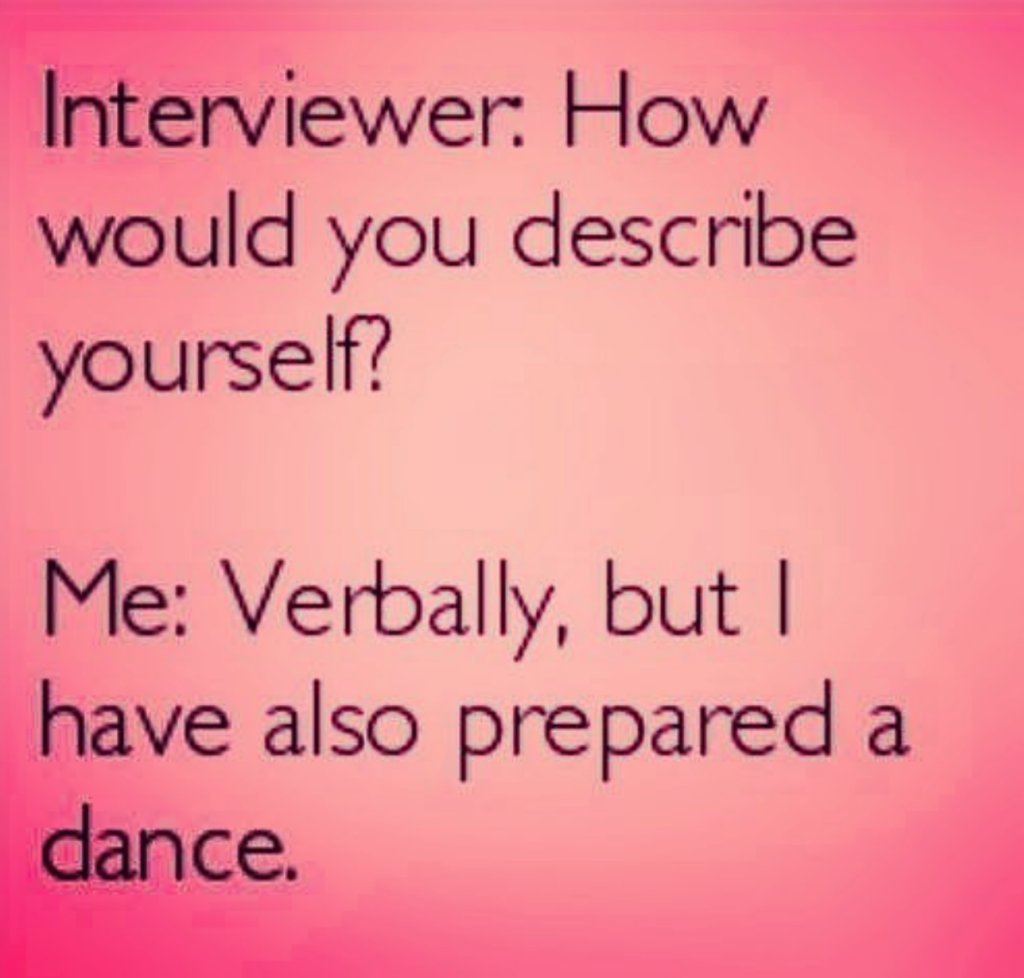

Keywords give search engines guidance as to what any piece of content is ABOUT. In my early days of blogging, I could use clever titles that hooked people to click and didn’t actually give away the topic. I still “can” but it’s better to cut to the chase and say IN THE TITLE what my post will address.
Years Ago: One Secret Ingredient to Work Smarter NOT Harder
Today: SEO—The Key to Working Smarter Not Harder
After search engines spot my keyword in the title, they then use webcrawlers to comb the page and sniff out certain cues this is a good path. If you notice, my first sentence uses the keyword I chose (SEO). Then, in the body of my first paragraphs, there are quite a few words that Google would associate with a post discussing search engine optimization.
The webcrawlers are in search of common synonyms or words one would expect like Google, Safari, Firefox, keywords, webcrawlers, etc.
They’re going to look at my H1, H2, and H3 level headers (think of an outline) to see if those headers also reference what I’m allegedly writing about.
While this might seem silly, think back to the early days of the Internet. I once looked up ‘Cuban Cuisine’ only to click and realize—to my horror—it was a p0rn site. There was A LOT of bait-and-switch before algorithms became ‘smart’ enough to sniff out the scam and refuse to list crap like that in a legit search.
What does it mean to ‘optimize’?


Optimization, to put as simply for the time we have, are all the bricks and breadcrumbs we leave connecting our content so search engines want to recommend us. We’ve left a really clear pathway, a better pathway than those with similar content.
I can put video or pictures on a post or a website, and it’s a great idea. The problem is that webcrawlers don’t ‘see’ the way humans see, so we need to help them out. One way is to add in ALT TEXT.
Most of us use the Visual Editor when working on a site like WordPress. But, if one looks to the Code Editor, you can see the ‘guts’ of the content (what search engines can read).
Here’s a screenshot of my dashboard and this is in the upper right-hand corner. At the bottom, notice I can select to see the actual CODE.
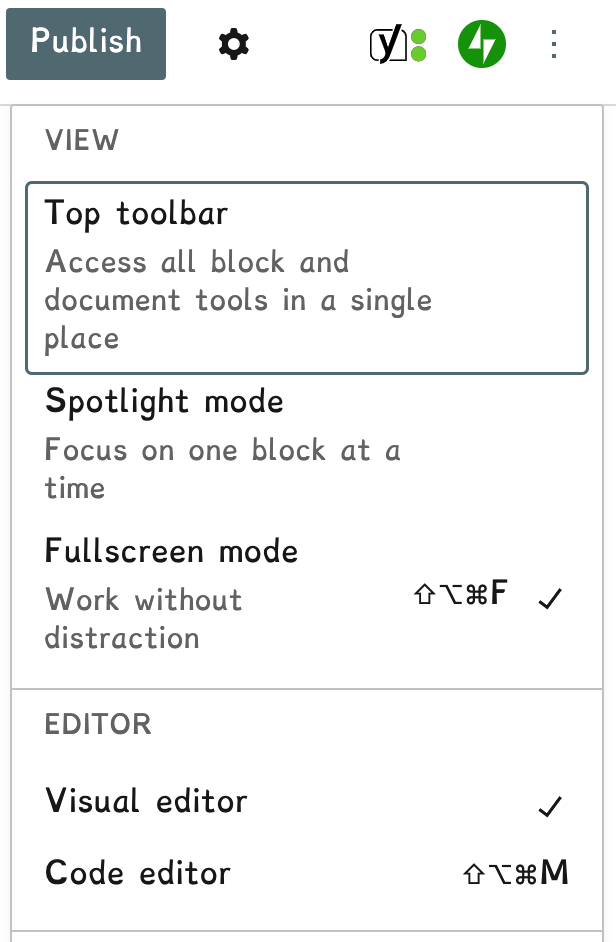



Notice how this block of code is bracketed with <!– wp:image at the front end and closes with <!– /wp:image –>
THIS is what tells a webcrawler this is an IMAGE. It’s also beyond what most of us regular bloggers will mess with.
A professional could go change the actual code, but that is a bit much for today. Suffice to say, if I have an image with a woman using a computer, I need to either describe that in the ALT Text (woman on computer) or go in and modify the code. I can also add a title (Woman on Computer) to help the webcrawlers out.
***Note: An image of a woman on a computer is in line with images that make sense for a post about SEO.
This works for video and audio as well. A search engine cannot SEE, so when we ‘optimize’ we are literally writing out WHAT that image or video IS and why it’s relevant to our topic.
IDEALLY…


In a perfect world, we’d use all our own images, video, etc. Granted, this isn’t the most expedient. Just know that if your images are uniquely yours (as in off your smart phone), you get more credit than an image from, say, a FREE use site like Pexels.
But, as I like to say, “Perfect is the enemy of the finished.” I’d rather y’all have ‘lesser images’ that help out your FANTASTIC blog post than a post with no images at all.
Keep in mind that many people are reading articles on phones. TINY font. That or they’ve been at a computer all day long. Their eyes are tired. Huge chunks of text are the equivalent of tossing their corneas into a digital iron maiden.
Adding in images can not only add a little SEO boost, but they can make posts more enjoyable and improve overall readability.
The Trick to Links
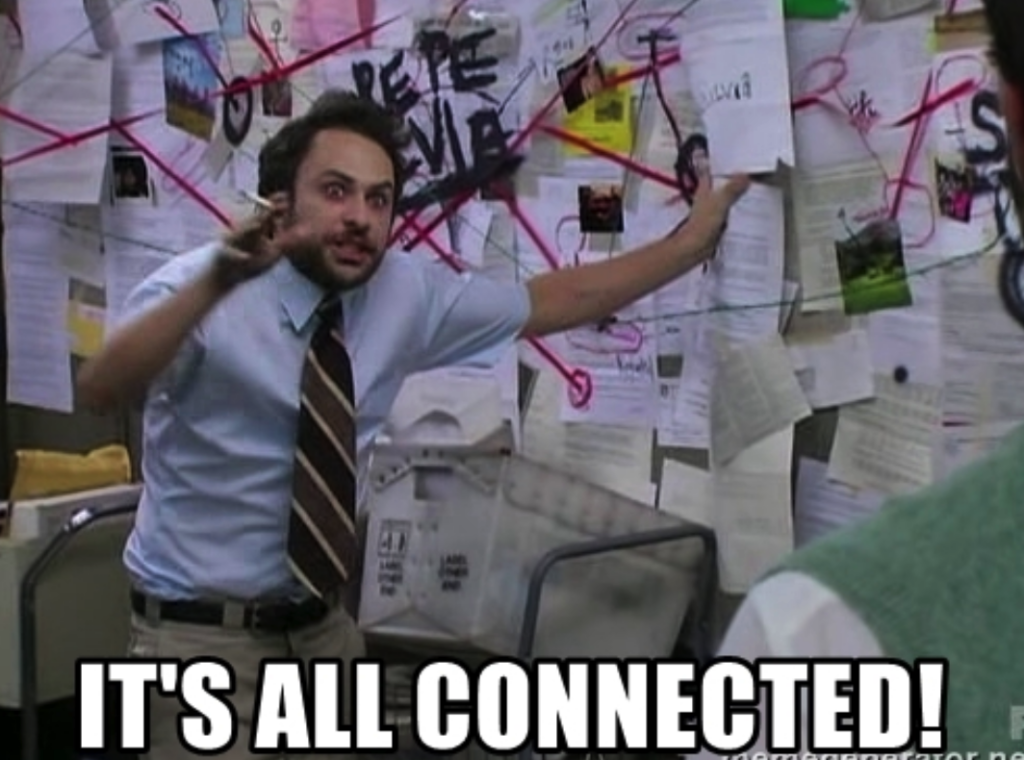

Links are wonderful for SEO. Visitors can easily spot the link. These are the clickable words in blue. These blue words are also known as anchor text. To make the best use of anchor text, make sure the words in blue clearly indicate where the link will take any visitor.
Example: This post gives us 10 Ways to Protect Your Personal Information.
Notice I wrote out the title of the post and it is SUPER CLEAR what anyone clicking will be reading about. No need to be clever, just be clear.
A few more key things to remember.
Whenever you add in a link (anchor text), make sure to choose the option for the linked content to open in a NEW page. The goal is to offer additional insight without directing visitors off of our website.
Visitors might back up and try to relocate our site, but do we really want to risk it? That and search engines can ding us for that.
Also, it might be worth your time to go through your site and blogs and get rid of any dead links (links that no longer lead anywhere). A lot of this I need to do, but what’s the old saying? A cobbler’s wife never has new shoes.
I’ll get to it…one day.
Then, we also want to offer internal links that expound on our topic but that don’t use the same keyword. For instance, earlier in this article, I linked to a previous post I wrote about blogs. Blogs are are part of SEO, but the post was not about SEO.
For my external link, I directed y’all to Pexels, which is one of my favorite sites for free images. Again, images are great for SEO, but the site is not about SEO.
This way my keyword is not directly competing with internal or external links that have the SAME keyword. Rather, they have related keywords.
As for pingbacks connecting back to ME? I have to earn those. If we post regular, high-quality content, odds are people will eventually link back to us. Remember, linking to quality outside sites helps their SEO, too.
Also, it doesn’t hurt to ask.
I know many of y’all blog and I give double points in my editing contest at the end for those of you who link to me in your posts. Not only does it help your SEO because my site is popular and trusted, but I’m offering an additional incentive in the form of a fun contest.
SEO is a LONG GAME
Keep in mind that search engine optimization really IS a long game. It will take time, trial and error to see results. Even after that? You’ll need to regularly tweak.
Of course there are all kinds of extra tools we can use to find the best keywords (Moz Keyword Explorer) and all sorts of high-end analytic tools to see how our site is performing.
I recommend adding the YOAST plug-in to help out. There’s a free version as well as a paid upgrade. This plug-in literally spells out all the stuff your post still needs. Headers funky? Yoast will nail you. Not enough external links? Again, Yoast will tell you. So if you’re a n00b at SEO, it’s a fab place to start.
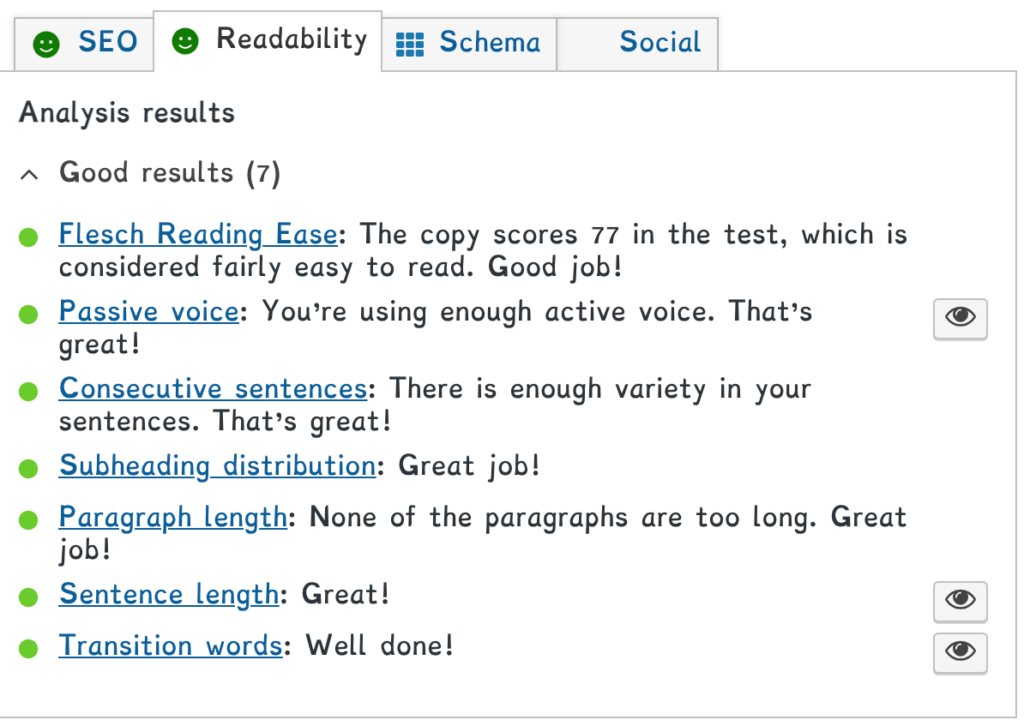

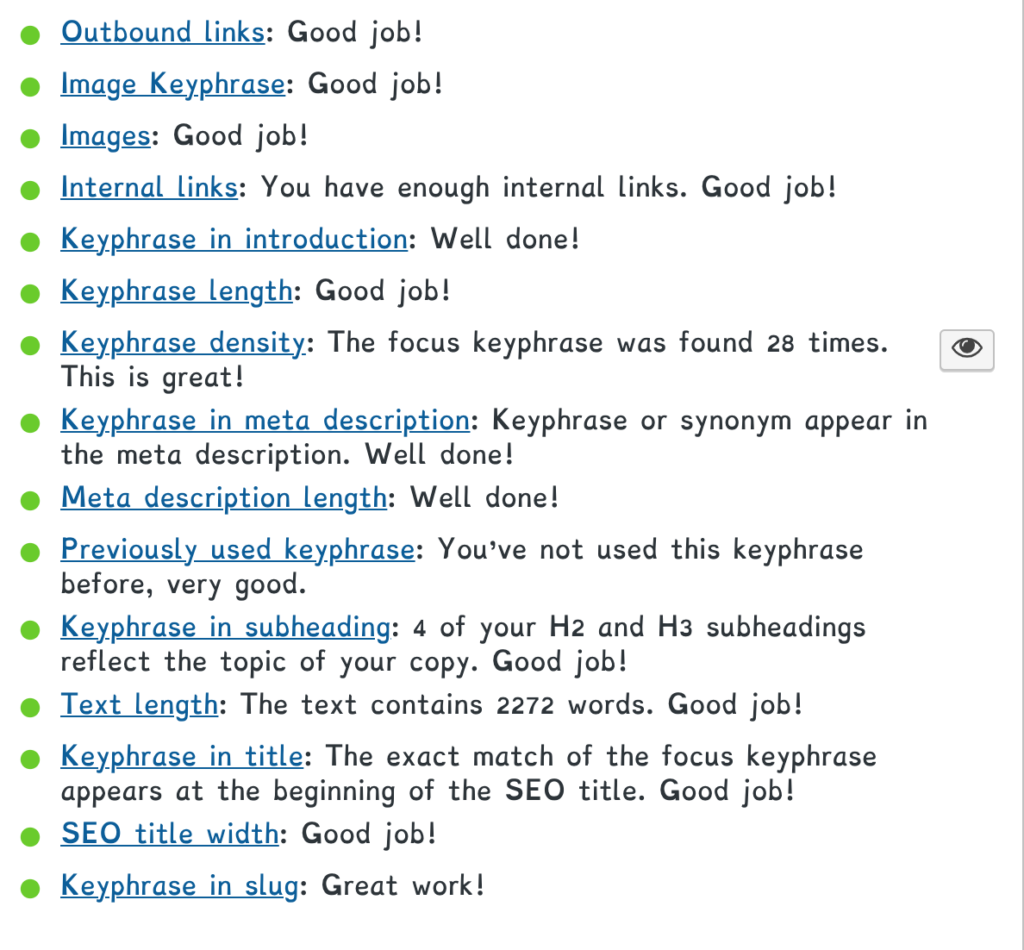

Yoast also offers a ton of tutorials on YouTube from super-n00b to pro.
Just remember that small actions, over time, add up. It’s why we check in at certain key points over time. This will let us know if what we’re doing is working or if we need to adjust our approach.
Obviously there is a LOT more to this SEO thing, but knowing the basics goes a long way. This will help make sure that you can reap rewards from the hard work you put into your content.
We could have the spiffiest website or blog out there, but if we fail to create clear, well-lit paths to our content, then no one will know about it.
Thoughts? I LOVE hearing from you!
I ‘get’ this is a super-newbie post and there are way more gizmos out there. Did this help those of you out there who maybe heard about SEO or search engine optimization but maybe you were intimidated?
I really hope this broad perspective helps with the fear factor and if y’all want me to go into greater depth on anything, let me know! Any questions? Comments? Funny limericks?
I love hearing from you!
What do you WIN? For the month of MARCH, for everyone who leaves a comment, I will put your name in a hat. If you comment and link back to my blog on your blog, you get your name in the hat twice.
What do you win?
The unvarnished truth from yours truly. I will pick a winner once a month and it will be a critique of the first 20 pages of your novel, or your query letter, or your synopsis (5 pages or less).
***February’s winner is Barbara (a.k.a. bhussy)! Please send your pages double-spaced, Times New Roman, one-inch margins to kristen at wana intl dot com. Put CONTEST WINNER in the header so I SEE it, since I get a zillion emails. A page is 250 words. Feel free to go over a little if you need to finish a sentence or paragraph.
